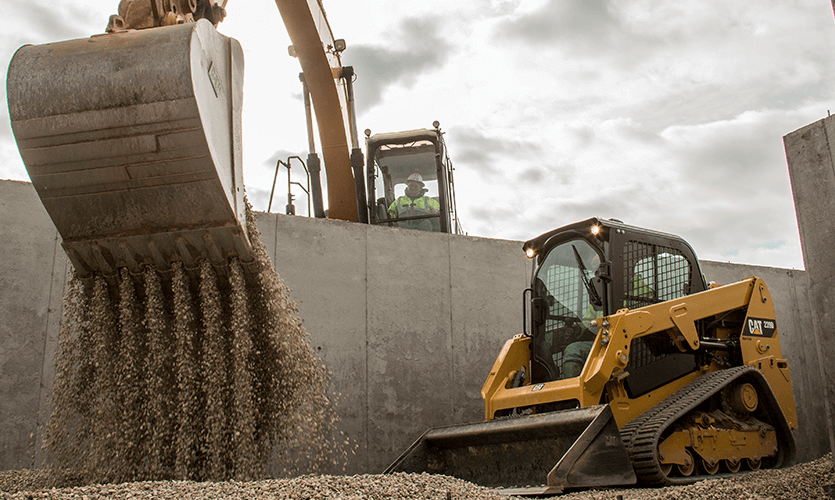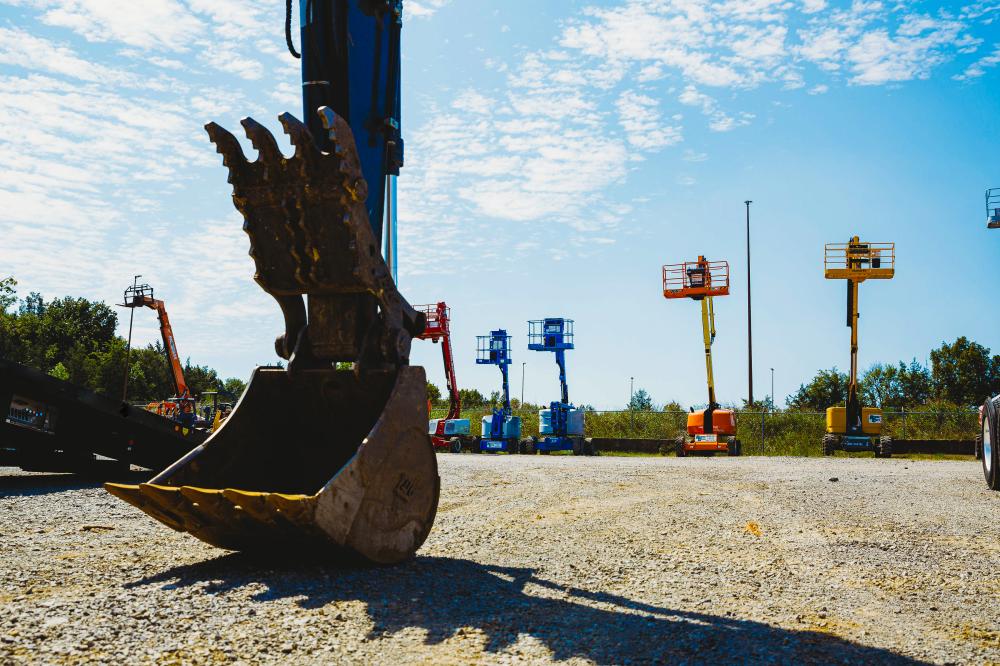Vital Tips for Taking Care Of Heavy Tools Rental Agreements and Logistics Efficiently
Effectively handling heavy tools rental agreements and logistics is critical for the success of any job that depends on these sources. A detailed understanding of rental terms, paired with precise analysis of tools needs, lays the structure for beneficial arrangements.
Understand Rental Terms
Understanding rental terms is important for effective hefty tools monitoring. Experience with the details terms of a rental agreement can substantially influence operational effectiveness and cost-effectiveness. Key components normally include rental period, repayment framework, and maintenance obligations. The rental duration defines the duration for which the devices is leased, affecting budgeting and project timelines. Repayment frameworks often differ, encompassing daily, weekly, or regular monthly prices, which require exact calculations to stay clear of unforeseen costs.
Additionally, it is critical to comprehend the upkeep commitments outlined in the agreement. Commonly, rental firms keep the tools, but recognizing who is accountable for regular checks and repair services is essential to avoid operational disturbances. Furthermore, terms may include provisions concerning obligation for problems or theft, which can have serious financial implications otherwise effectively recognized.

Assess Devices Demands
Evaluating tools demands is a critical step for any kind of project manager intending to maximize resource allowance and boost operational efficiency. This process entails an extensive analysis of the project needs, including certain jobs, timelines, and the kind of devices required to accomplish preferred end results.
Begin by identifying the range of the task and the jobs that will certainly be performed. Take into consideration elements such as the terrain, the scale of operations, and any possible obstacles that can affect devices option. Involving with group participants who will operate the machinery can offer important understandings right into functional needs and choices.

Next, assess the capacity and capabilities of offered tools choices. It is important to match the ideal tools to the tasks at hand, guaranteeing that it can take care of the expected workload without endangering security or performance.
Additionally, factor in the rental period and regularity of use. Understanding these components can assist identify whether buying or renting out is the most affordable service. By performing a detailed assessment of tools requirements, project supervisors can make enlightened choices that result in improved efficiency and reduced operational costs.
Negotiate Properly
Once the devices demands are clearly determined, the following step includes efficient settlement with rental firms to secure beneficial terms. Begin by looking into numerous rental firms to understand their prices frameworks, supply accessibility, and credibility.
When approaching the settlement table, be clear regarding your needs, including the sort of devices, rental duration, and any type of additional services you may require. This openness enables rental companies to give tailored solutions that can fulfill your particular requirements (mini excavator rental). Do not think twice to request for discount rates, specifically for long-lasting services or bulk orders, as check many firms want to supply concessions to protect larger contracts
In addition, consider working out terms related to insurance, shipment, and upkeep costs. These elements can significantly influence the total cost and needs to be clearly laid out in the rental agreement. Ensure that all agreed-upon terms are documented in composing to avoid misunderstandings and secure your passions throughout the rental duration. Effective settlement not only causes cost financial savings but additionally establishes a favorable partnership with the rental company.
Coordinate Transport Logistics
Working with transport logistics is an important facet of managing heavy equipment rental contracts. Reliable transport ensures that equipment is supplied in a timely manner and in optimum condition, consequently lessening downtime and enhancing job effectiveness. To accomplish this, it is vital to create an extensive logistics intend that details the entire transport procedure from pickup to delivery.
Begin by evaluating the details transport requirements based on the kind and dimension of you can find out more the equipment included - forklift rental. Involve with reliable transport companies that specialize in hefty equipment to ensure they have the needed experience and equipment, such as flatbed trucks or specialized trailers. Talk about variables such as weight restrictions, route restrictions, and needed permits to stay clear of unforeseen hold-ups
Furthermore, keep open communication with both the rental business and the transport supplier to coordinate schedules successfully. By meticulously collaborating transport logistics, you can maintain the honesty of your rental contract and assist in smooth project execution.
Prepare For Upkeep and Support

Furthermore, it is vital to interact directly with the rental company concerning maintenance responsibilities. Some arrangements might include maintenance as component of the rental service, while in other cases, the obligation might fall on the occupant. Recognizing these terms will certainly help avoid unanticipated prices and responsibilities.
On top of that, having access to technical support can be vital. Make sure that the rental company provides 24/7 support or an emergency situation get in touch with, permitting speedy resolution of any kind of devices issues. Educating your team on appropriate devices use and regular checks can likewise significantly improve operational efficiency.
Verdict
In final thought, reliable management of heavy tools rental contracts and logistics rest on a complete understanding of rental terms, specific evaluation of tools needs, and experienced settlement skills. Working with transportation logistics and preparing for maintenance additionally improve functional performance. By carrying out these strategies, companies can mitigate dangers, control prices, and make sure that projects advance efficiently and within recognized timelines. Stressing clear communication useful site with all stakeholders stays essential in browsing the intricacies of equipment leasing and logistics monitoring.
Efficiently handling hefty devices rental arrangements and logistics is important for the success of any kind of project that relies on these resources. By thoroughly assessing and understanding these rental terms, companies can make informed decisions, alleviate risks, and ensure that their heavy equipment management straightens with project goals and financial restraints.Working with transport logistics is a critical aspect of taking care of hefty devices rental arrangements.In final thought, efficient administration of heavy tools rental agreements and logistics joints on a comprehensive understanding of rental terms, accurate assessment of tools demands, and experienced settlement skills. Emphasizing clear interaction with all stakeholders stays vital in navigating the complexities of tools rental and logistics management.